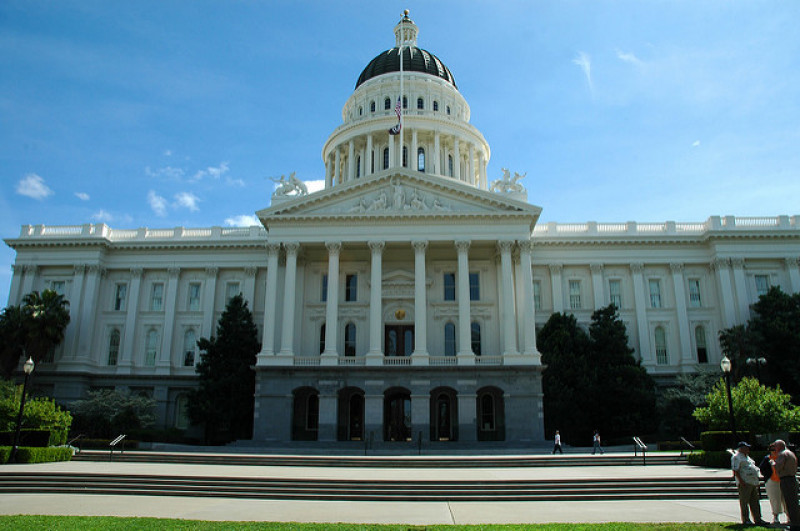
Democratic members of the California Senate introduced a bill on January 24 that would add a third gender category to official documents including driver's licenses and IDs.
Senate Bill 179 would allow individuals to identify as a "nonbinary" gender on their birth certificates, driver's licenses, and identification cards, and would also make it easier for them to make changes on their birth certificates and to receive a court judgment recognizing their gender change.
Current law requires individuals to have undergone "clinically appropriate treatment" for gender transition in order to receive a new birth certificate, and the same requirement applied to receive a judgment from the superior court to recognize the change of gender.
If SB 179 is passed, those can be obtained without the requirement to have undergone treatment for gender transition. Individuals would also be able to identify as "nonbinary," instead of male or female.
"As a person who identifies as transgender and is non-binary, this piece of legislation is important to me on a personal level," said Jo Michael of Equality California. "For the first time, Californians could have accurate gender markers that truly reflect who we are."
The bill was introduced by Senator Toni Atkins and coauthored by several others including Senator Kevin de León. California would be the first state to adopt such a law should the bill pass.
Opponents of the bill, such as the California Family Council, say that it is promoting "falsehood."
The group's CEO Jonathan Keller said that such a bill conveys "that being male or female, or no gender at all is a choice each person must make, not a fact to celebrate and accept."
"Laws like this will simply erase any meaningful gender definitions, if being male or female is completely divorced from biological facts," Keller added.
Meanwhile, the issue of gender identification on official documents was brought up recently in a lawsuit when a Colorado resident, who is intersex and does not identify as male nor female, was denied a passport. At the time, lawyers representing the government cited concerns that having more than two gender choices on federal documents would make background checks and ID verification more difficult when state IDs have two gender options.


















